Department
Mathematics
Mathematics
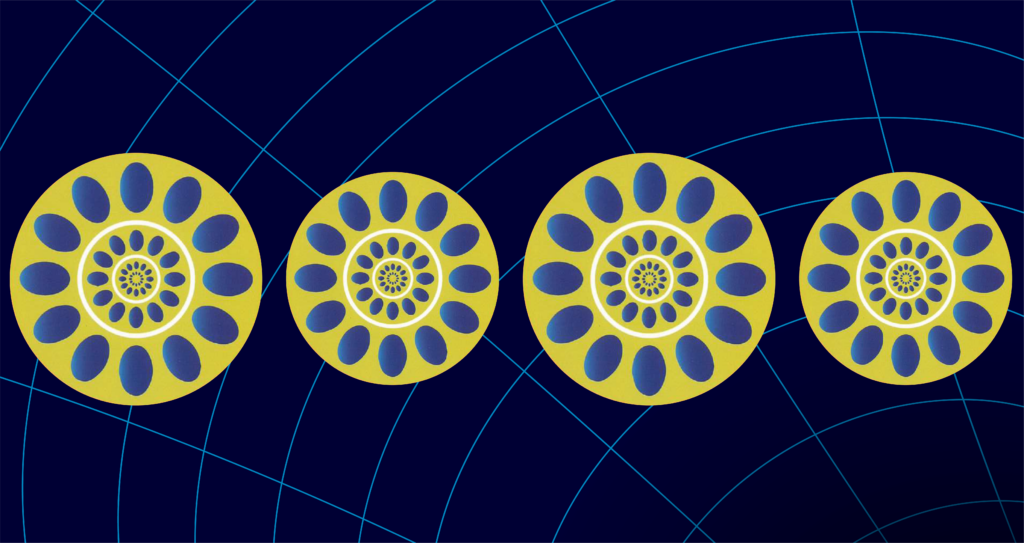
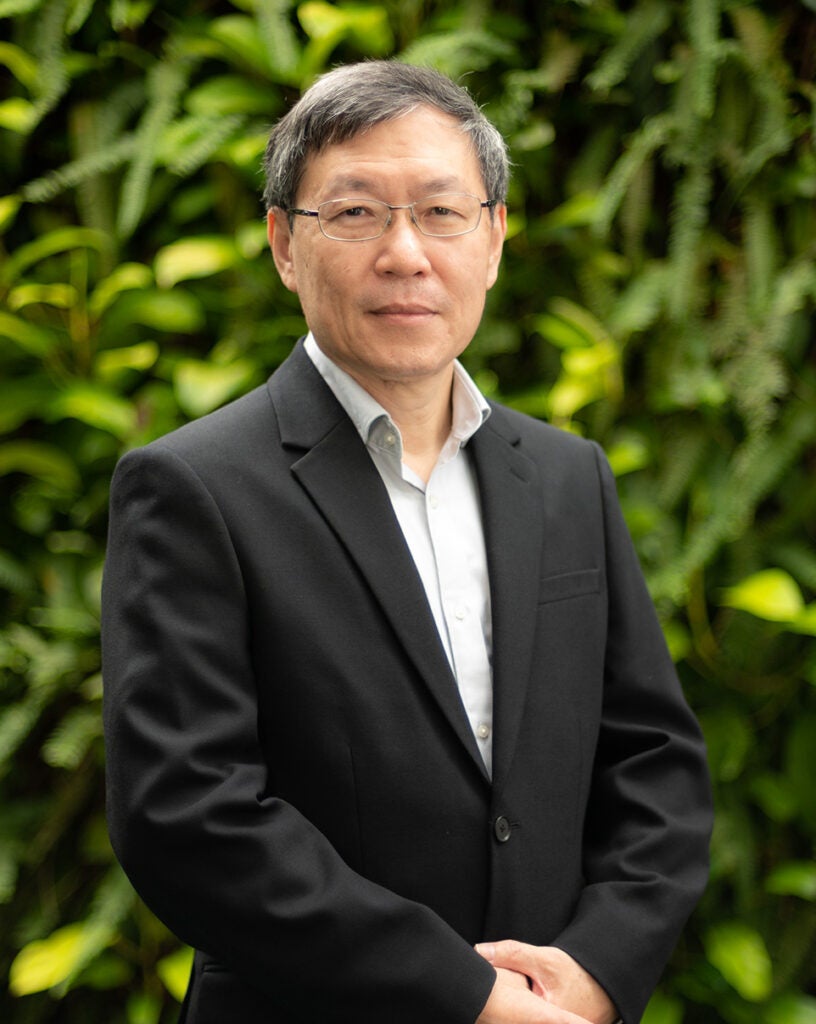
Prof TOH Kim Chuan
Head of Department
“By providing quality education and training in diverse areas of mathematics and their applications, we seek to uphold our reputation as one of the best research and teaching departments in the world.”
Shaping Future Talent
The Department of Mathematics accepted our first intake of students under the College of Humanities and Sciences (CHS) in Academic Year 2021/2022. There was a brisk increase in our enrolment numbers, indicating that CHS’ flexible, interdisciplinary curriculum appealed to students, who can customise their learning pathways based on their interests and aspirations.
We also launched a new CHS Core Curriculum module, HS1501: AI and Society, under the Artificial Intelligence (AI) pillar, with an intake of 50 students. This module introduces students to the foundational concepts of AI, its practical uses and its potential to revolutionise future society.
Our inaugural CHS cohort
“I had the flexibility to gain exposure to various fields of interest, before I finally decided on one (or two in my case).”
Year 1 student LI Ying Ying was intent on reading mathematics at the College of Humanities and Sciences (CHS), but geography was not part of her initial plans. It was only after reading a gateway module that she discovered the spark for geography, which allowed her to better understand the interactions between humans and the environment, and how different spheres in geography connect with our daily lives.
We continue to support our students by providing them equal access to learning opportunities.
This year saw the graduation of our inaugural cohort from our Master of Science (MSc) in Data Science and Machine Learning. We also relaunched our MSc in Mathematics programme, which enables students to personalise their curriculum according to their requirements. Enrolment in our postgraduate educational programmes continued to grow year-on-year.
Under a new Mentorship Programme, academic staff are fielded to guide CHS students, provide them with general academic / career advice and pastoral care, and help them adapt to university life.
Shaping Future Solutions
Our mathematicians continue to push the boundaries in mathematical science research, contributing to advancements in both pure and applied mathematics.
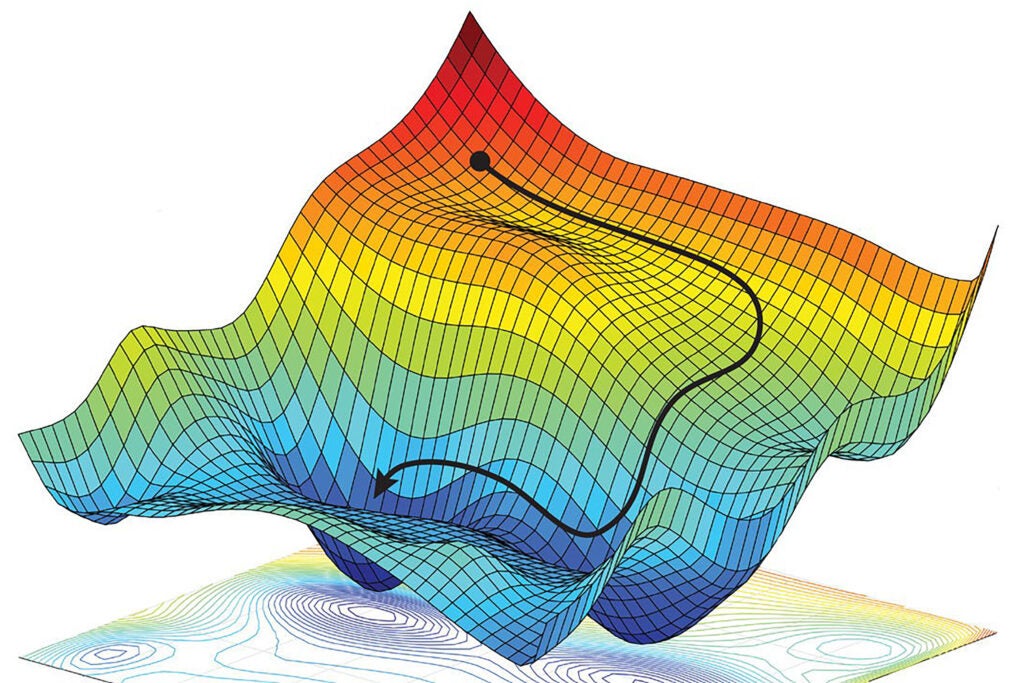
Fast stochastic gradient descent via self-repelling systems
Stochastic gradient descent (SGD) is a cornerstone of machine learning. When the number N of data items is large, SGD relies on constructing an unbiased estimator of the gradient of the empirical risk using a small subset of the original dataset, called a minibatch. Asst Prof Subhroshekhar GHOSH and his collaborators contributed a novel determinantal point process paradigm for performing minibatch sampling in SGD, by leveraging specific data distribution at hand that is more sensitive than data-agnostic methods. In particular, they demonstrated an improved exponent of convergence for their gradient estimator, leading to more efficient and accurate optimisation and reducing computational overheads. This work was covered in Advances in Neural Information Processing Systems 34 (2021).
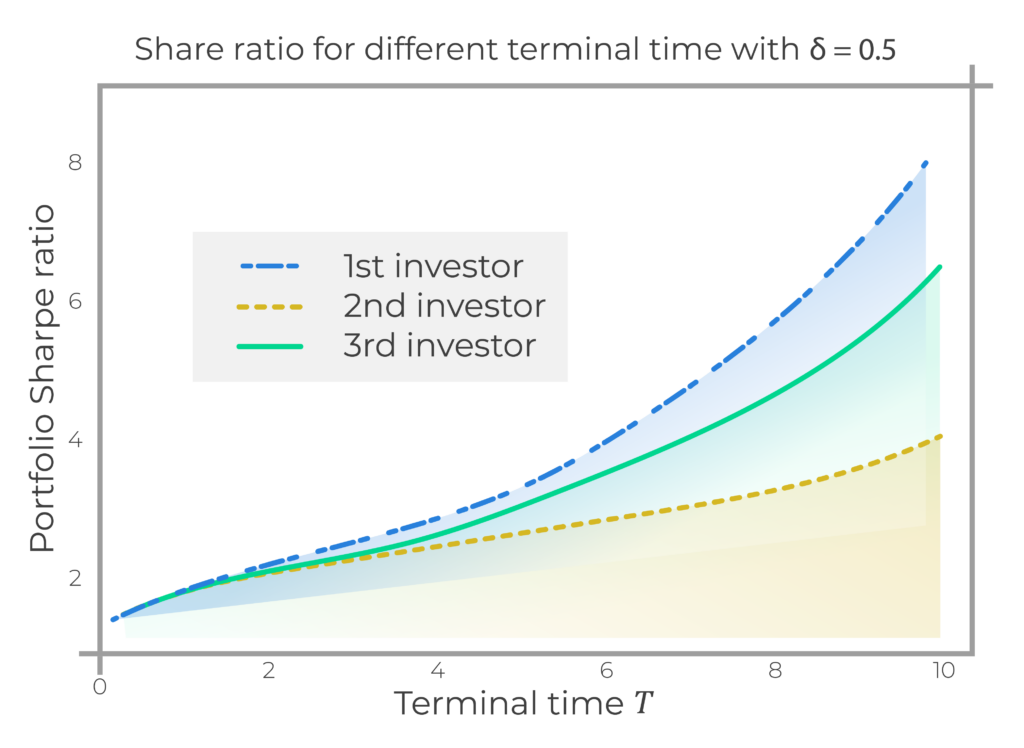
Impact of ambiguity on portfolio diversification
Empirical studies show evidence of portfolio underdiversification in practice. Assoc Prof ZHOU Chao and his collaborators developed a continuous time framework to take into account ambiguity aversion on expected return rates and the correlation matrix of the assets, and its effects on portfolio diversification. The dynamic setting allowed them to consider time-varying ambiguity sets where the drift and correlation are estimated on a rolling window of historical data. Their results provide a justification for underdiversification. Investors with poor confidence in expected returns do not hold risky assets and trade only one risky asset when the ambiguity level on the correlation matrix is large. The results were published in Mathematical Finance (January 2022).
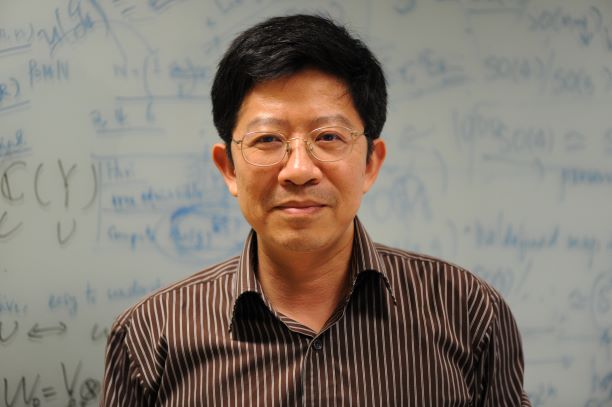
Prof ZHU Chengbo was invited to deliver a talk on theta correspondence and the orbit method at the International Congress of Mathematicians (2022). This is the largest conference on mathematics and one of the oldest scientific congresses.
Shaping Future Society
NUS President Prof TAN Eng Chye hosted a visit from Her Excellency Ms Judit PACH, Hungarian Ambassador to Singapore on 3 December 2021, where Ambassador Pach presented a Gömböc to NUS on behalf of its inventor and Hungarian mathematician Prof Gábor DOMOKOS. This fascinating gift has interesting geometrical properties – it is a convex three-dimensional (3D) homogeneous object with exactly one stable and one unstable point of equilibrium. The Gömböc’s serial number 1905 is also the year of NUS’ founding.